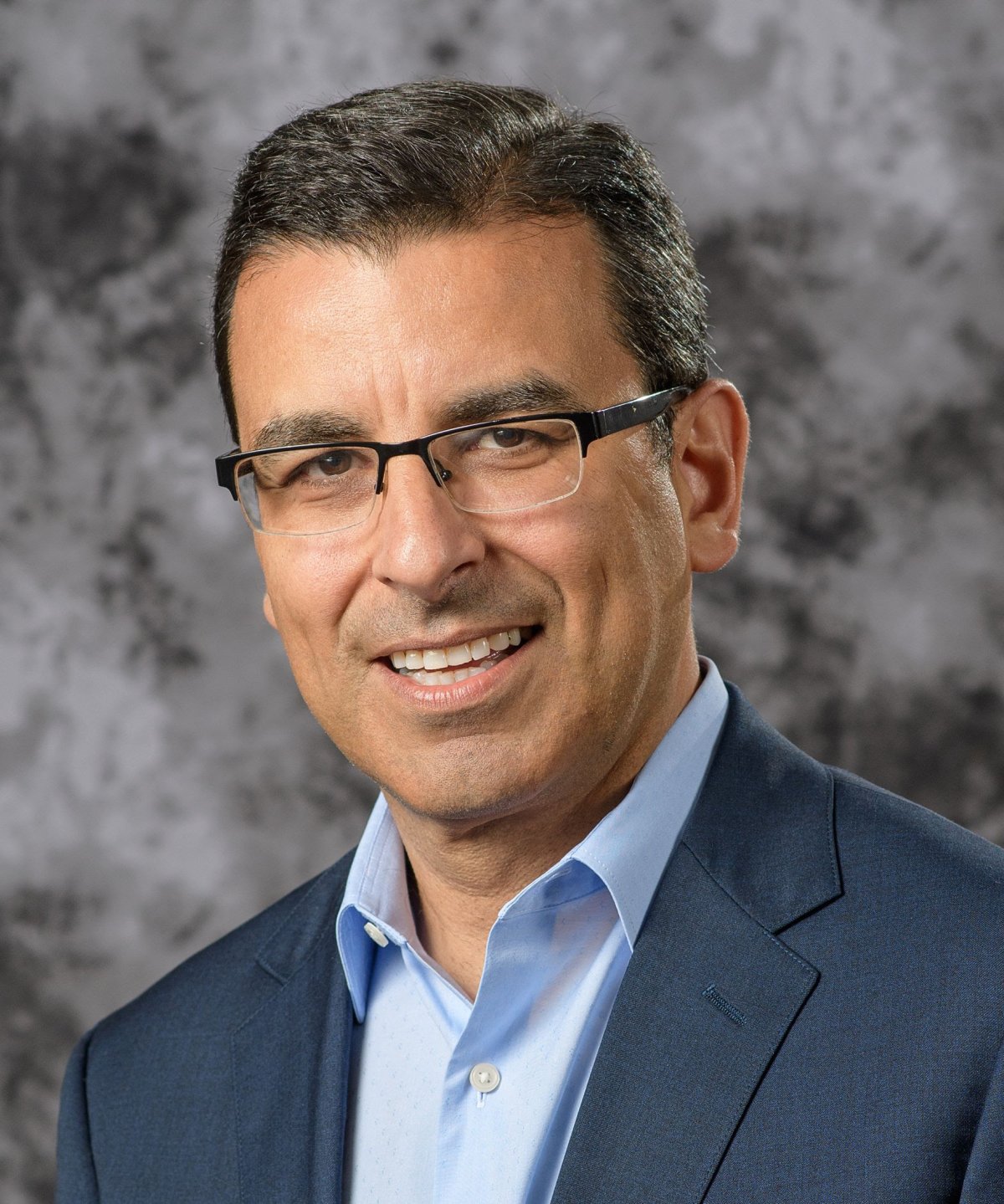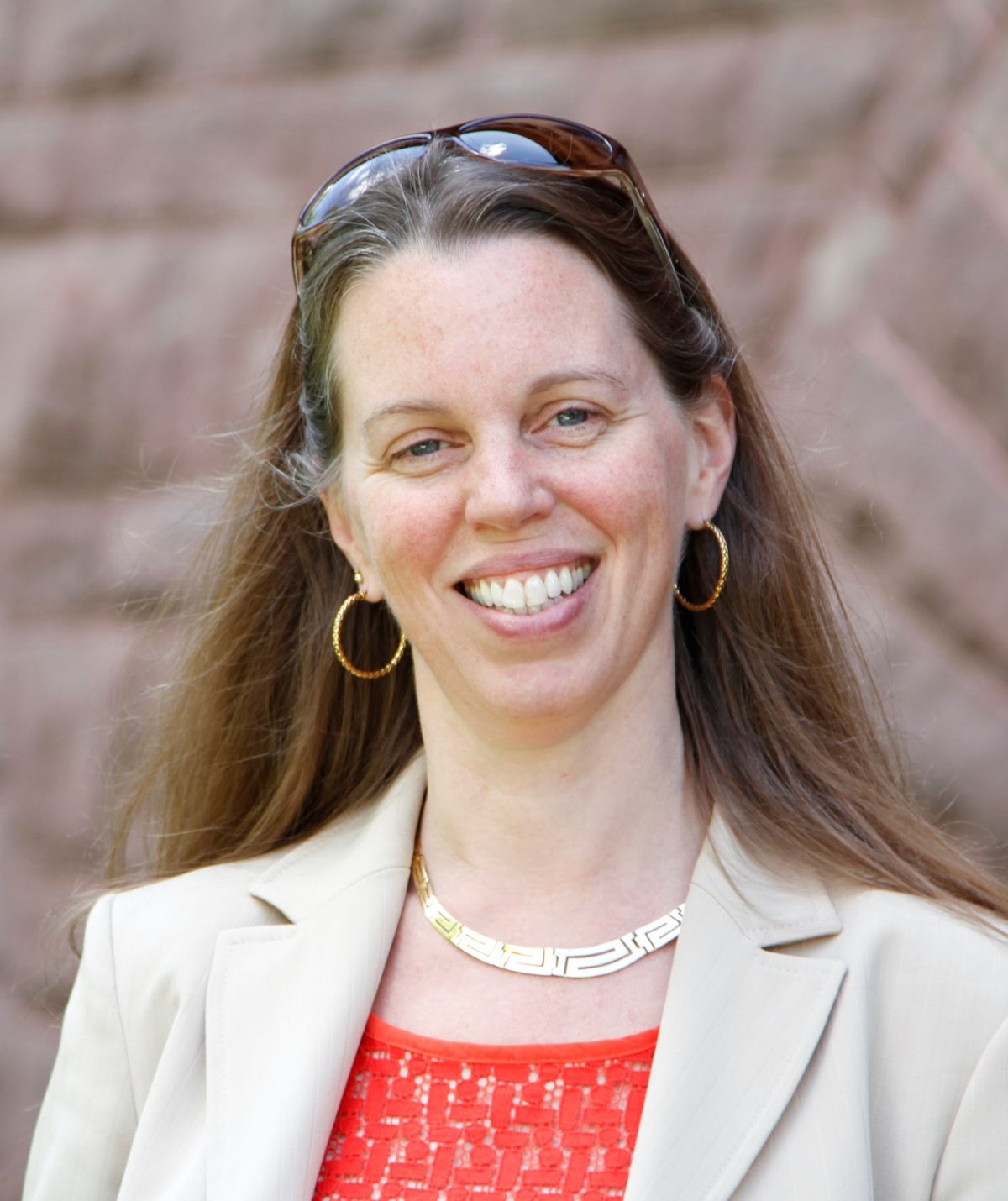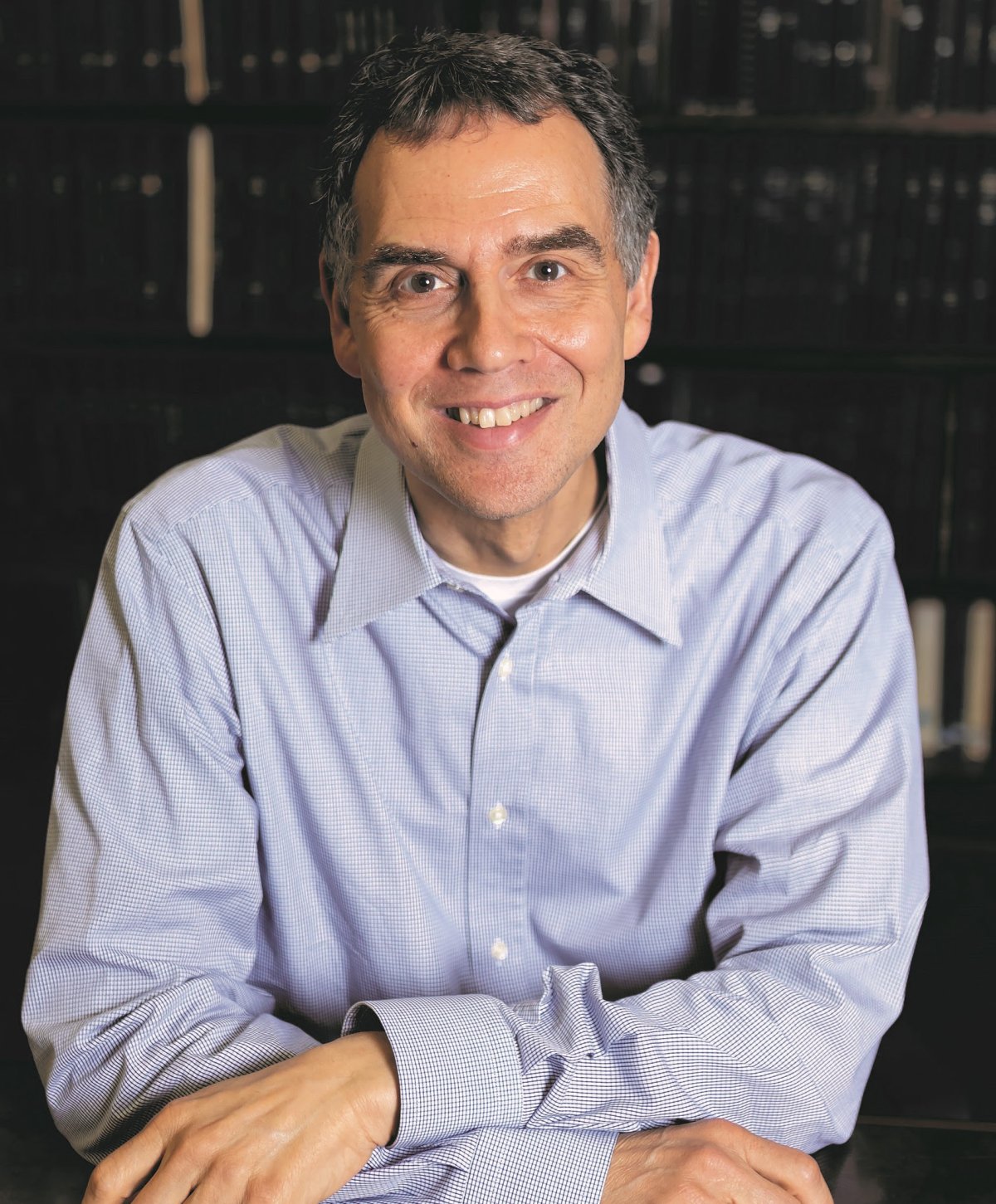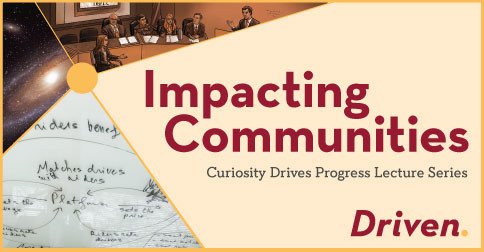Curiosity Drives Progress Lecture Series: Impacting Communities
This event features talks by CSE distinguished professors Saif Benjaafar (Industrial and Systems Engineering), Lucy Fortson (Physics and Astronomy), and Ellad Tadmor (Aerospace Engineering and Mechanics)
Thursday, October 8, 2020
6:30–8 p.m. – Lecture, followed by Q&A session
This event will be held as a webinar via Zoom
Instructions to join the Zoom webinar will be included in the registration confirmation email. If you have questions, please contact csealumni@umn.edu.
About the talks
“From Digital Marketplaces to Gig Work: The Promise and Perils of the On-Demand Economy”

By Saif Benjaafar, Department Head and Distinguished McKnight University Professor, Department of Industrial and Systems Engineering
Life under COVID-19 has given us a glimpse of a perhaps not too distant future where products and services are delivered to our doorsteps anywhere any time and on an on-demand basis. In this talk, Dr. Benjaafar will discuss the technological and business drivers (from 3D printing to crowdsourcing) behind the transition to an on-demand economy and what it means to the future of work, commerce, and cities.
“To the Zooniverse and Beyond: How Crowdsourcing Science is Solving Big Data Problems for UMN Researchers"

By Lucy Fortson, Associate Department Head and Professor, School of Physics and Astronomy
What do lions, galaxies, cell nuclei and notes taken by the Justices of the United States Supreme Court have in common? Each of these is a topic of intense research by faculty at the University of Minnesota—and each suffers from a similar problem: too much complex data for researchers to properly analyze. You might think that computers should be able to tackle these problems, but in fact, pattern matching (a hallmark of analyzing complex data) is exactly where computers still lag behind even a human child.
So how can researchers make any progress in problems where human visual processing of millions of images is required? By turning to the general public and asking for their help. This talk will describe the Zooniverse project, and will take you on a tour of the engaging projects in the Zooniverse—from the lions in the Serengeti to galaxies in the furthest reaches of time and space. Along the way, Professor Fortson will describe the issues that researchers now face with “Big Data,” what crowdsourcing is, and how combining human intelligence with artificial intelligence is revolutionizing how science is being done.
“Can Truth Save Democracy? We’re Trying in Science Court”

By Ellad B. Tadmor, Professor of Aerospace Engineering and Mechanics
Some say we live in a "post truth" world, but there is no such thing. Humans would not have survived as a species if they were not able to rationally assess the world about them and make sensible decisions. In “Science Court” we are trying to apply this common sense thinking to tackle controversial societal issues that divide us as Americans. The students participating in this Honors Seminar pick the topic, spend a semester researching the facts, and argue the pros and cons in a mock trial in front of a diverse jury of citizens.
Science Court draws on the traditions of the U.S. jury system, but adapts the process based on understanding from scientific research on how people reason and collaborate to maximize the likelihood of reaching consensus. The hope is that by spreading this model to other universities, Science Court will help to reduce polarization and help our democracy function in a time when trust in all institutions (including democracy itself) are at historical lows.
Read more about his class in Inventing Tomorrow, Winter 2020.
